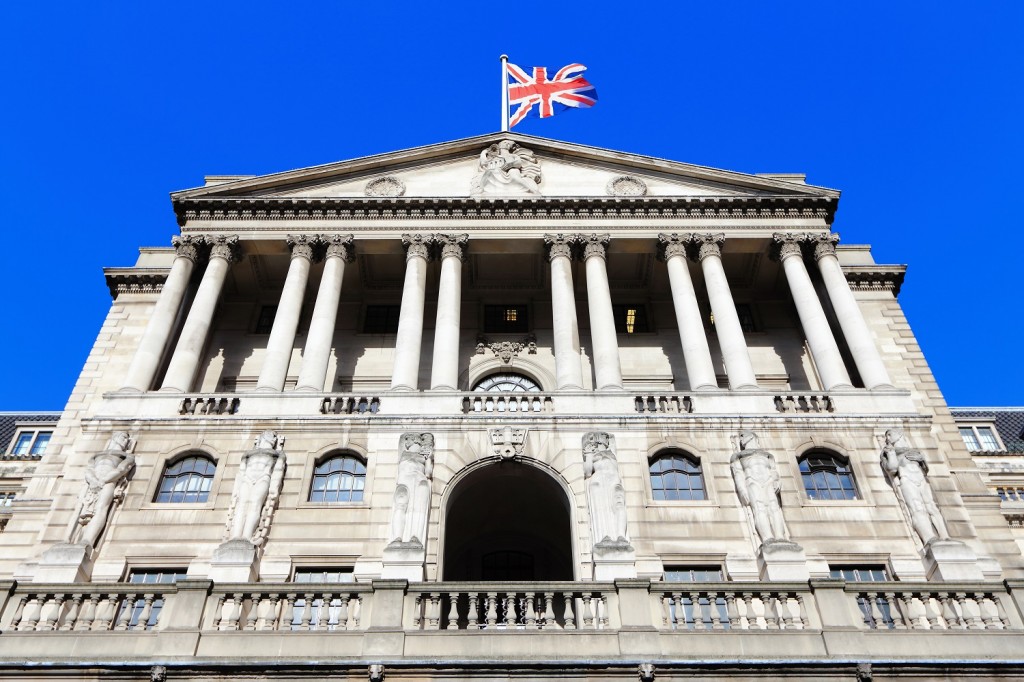
The UK is more likely to see lower rather than higher inflation as a result of global tariffs imposed by US President Donald Trump, said Bank of England policymaker Megan Greene.
The hawkish Monetary Policy Committee member who has in the past expressed concern over persistent inflation, argued that the UK was likely to become a destination for cheaper goods from Asia and the European Union.
Greene said: “I think that the tariffs actually represent more of a disinflationary risk than an inflationary risk, though. And so, we’ll have to see how that develops going forward.”
She was speaking to Bloomberg TV today after the US dollar tumbled to a three-year low on Monday, as investors took fright over Trump’s trade policy and his attacks on Federal Reserve chair Jerome Powell over interest rates.
Against a basket of currencies, the dollar slid as low as 97.923, its lowest since March 2022.
The US President called Powell a “major loser” on social media on Monday, demanding that he lower interest rates immediately.
Earlier in the Easter weekend, Trump wrote that the end of Powell’s term, due in 2026, “cannot come fast enough”.
Earlier this month, the US imposed baseline tariffs of 10% on more than 75 nations, including the UK. While America has hit China with 145% of import charges and Beijing has put in place a 125% tariff on US goods.
The Bank of England has previously forecast that inflation will rise to 3.7% in the second half of the year, from its current 2.6%, driven by energy price rises and National Insurance hikes paid by firms.
But Greene and other economists argue that the possibility of cheaper goods imported from China and slower hiring by UK firms will ease the cost of living.
UK money markets are currently pricing in a 100% chance of a rate cut at the Monetary Policy Committee’s next meeting on 8 May.
At the start of the year, economists had predicted two further base rate cuts this year after a quarter-point cut by the central bank in February to 4.5%.
However, since the tariff disruption, many economists forecast a third, with Goldman Sachs and Deutsche Bank predicting four reductions in 2025 to shore up the UK’s fragile economy.



